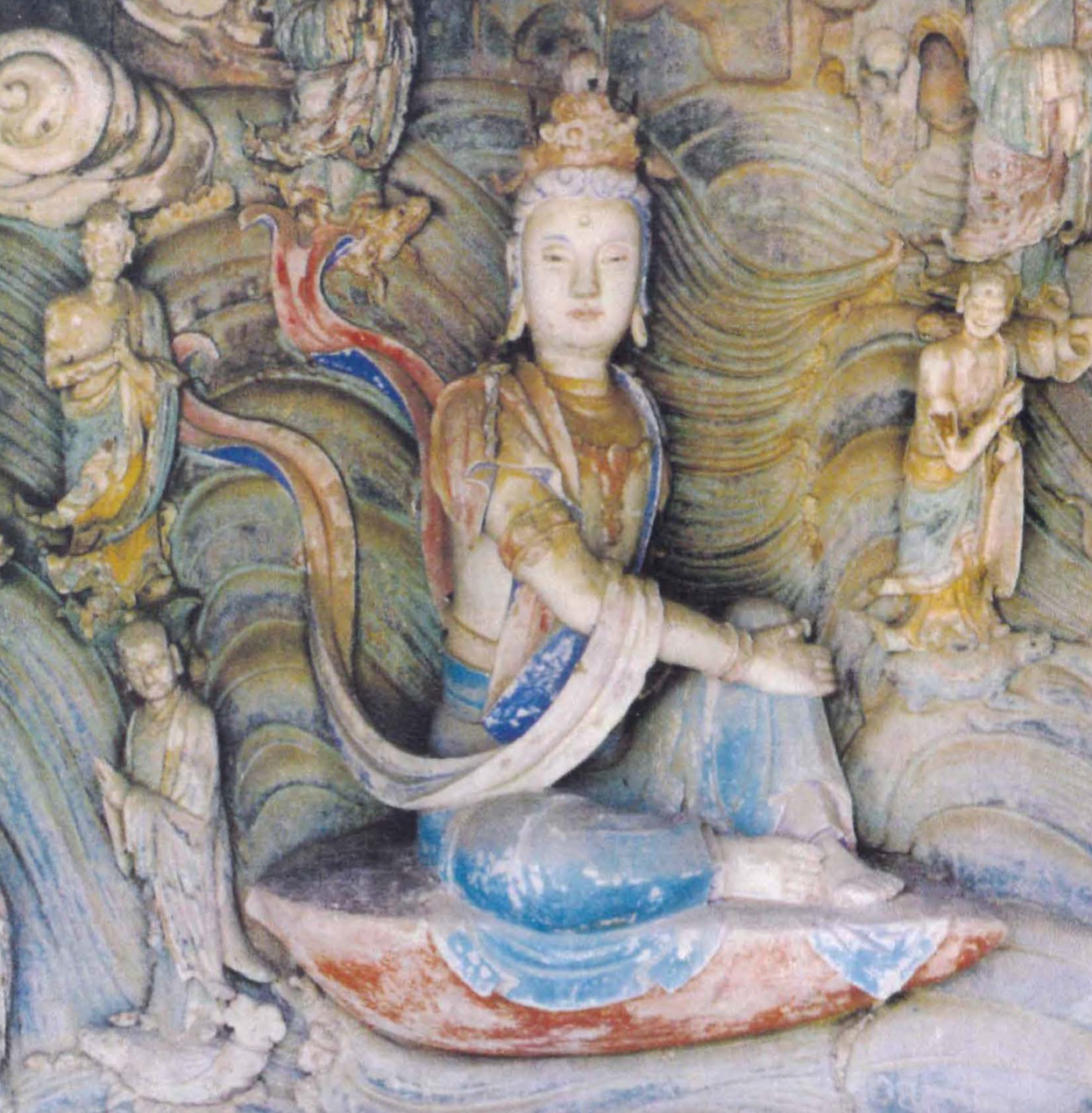Welcome to our January newsletter!
Our library novelties this month include an “Insight into Alchemy” by Titus Burckhardt, detailing the essentials of the Sacred Art intended “to make of the body a spirit and of the spirit a body.”
It is through bodily consciousness, apparently closed in on itself, and within its innermost enclosure that the alchemist recovers this cosmic substance, Mercury. In order to “win it over” he relies on a bodily function, respiration, and this is significant for all spiritual arts related to alchemy; starting out from a physical modality, the consciousness, which is essentially intelligence, ascends through its own “sheaths” to arrive at the universal reality of which this modality is the reflection or echo. Such an integration cannot however be achieved without some kind of grace; it presupposes a sacred framework as well as an attitude excluding every kind of Promethean or egoistic adventure.
• We follow with an iconographic chapter on the maritime aspects of Guanyin, the Chinese goddess “who listens to the voices of the world.” As also explained by Burckhardt, this kind of sacred image is among those which most directly express the “spiritualization of the body and the embodying of the spirit.” Worshipped in Buddhism, Taoism, and Confucianism in her, or his, thirty-two different aspects, Guan Yin (Kannon in Japan) is a representative of the Far Eastern Triple Religion, and also the manifestation par excellence of divine feminine mercy through the Far East.
Guan Yin is a goddess that appears in sensation, in sight, touch, hearing and fragrances. Her forms are countless, and this is why there is a saying, “If you be modest and humble, you will meet Guan Yin everywhere.”
Guanyin crossing the sea. Shuanglin Monastery. Taiyuan, China.
• We close our selection with a chapter on the crucial place of the senses and “aesthetic” experience in the hierarchy of ever-ascending knowledge to the Divine, with curious notes on medieval handwarmers and pomanders.
In natural philosophy, smell competed with taste, which was often reputed superior for physical examinations. In the anonymous thirteenth-century compendium Summa de saporibus, taste is described as that sense “ordained above all the other senses as properly and principally the investigator of the nature of things.”




